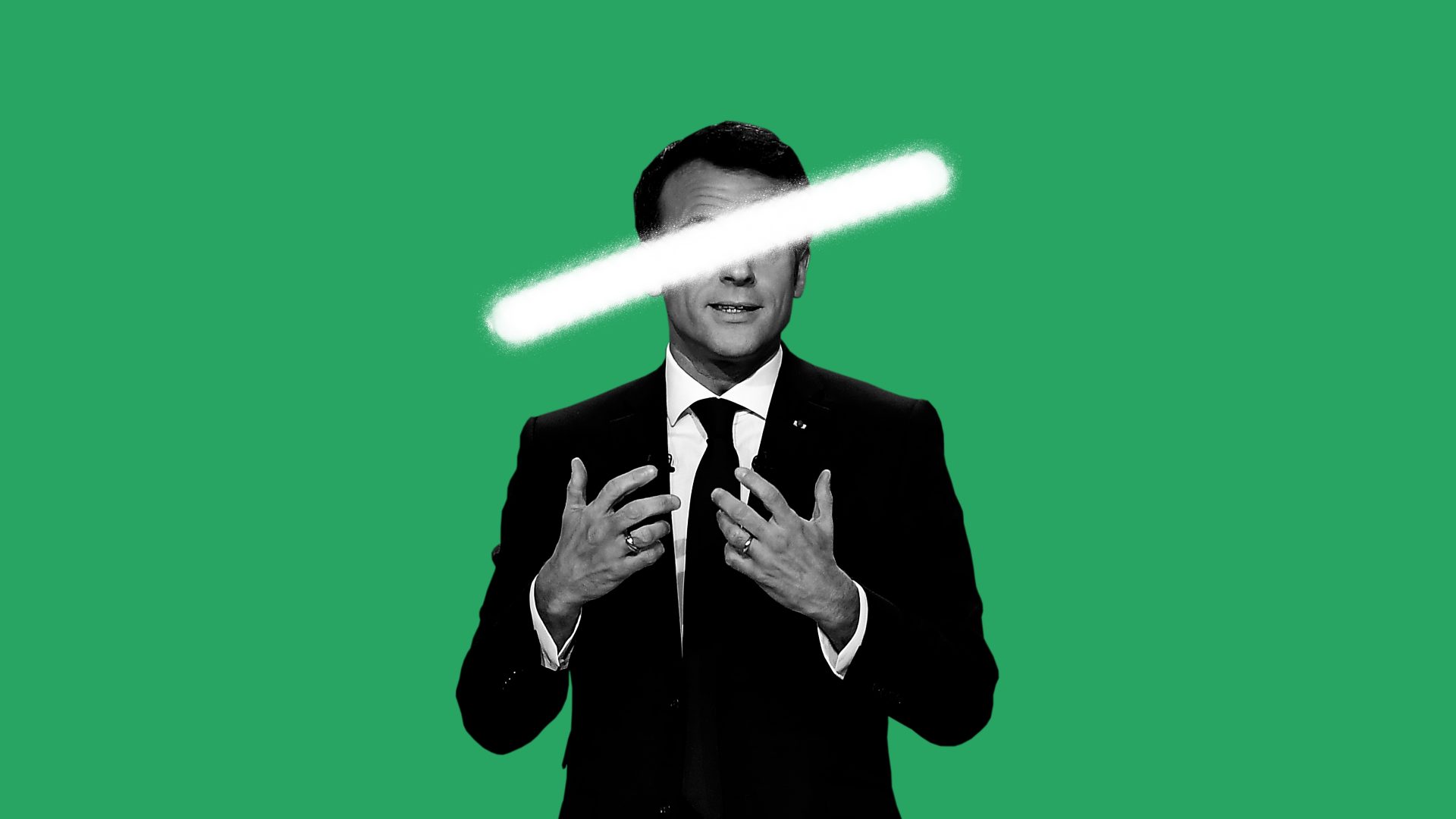John F. Kennedy’s new vice president in 1960 Lyndon Johnson was examining the list of cabinet members Kennedy had selected to run America. He looked at Robert McNamara, the defense secretary and Dean Rusk, the secretary of state.
Johnson told an aide: “I just wish one of them had been elected somewhere, some time.” The Kennedy team of clever-clogs non-politicians led the US to much deeper involvement in Vietnam, and into a war the US would eventually lose.
Early in the election week I was in a TV studio green room with a Tory politician who had been a minister under every prime minister since David Cameron and before that a council leader of a small city.
“The problem with Rishi Sunak,” he said sadly “is that he is not a politician.”
He did not mean it as a put-down. But as a man who is now leaving the Commons after four decades of getting himself elected, first in his party, then locally, then as a successful MP, the sudden arrival of a super-rich hedge fund manager like Sunak did not make sense.
Politics is not so much the art of the possible but the discipline of experiences. Rishi Sunak waltzing in from America to almost instant cabinet rank was a political disaster waiting to happen.
Politics is a craft which demands a long apprenticeship, lots of hands-on experience in handling that indefinable, untameable animal called the electorate and cunning tradecraft to know what flies and what crashes and burns.
The crisis in France is also about Emmanuel Macron’s belief that the normal rules of politics did not apply to him given his qualifications and degrees in philosophy. Like Rishi Sunak with his Winchester and Oxford education, Macron always assumed that his philosophy degree and diploma from the École nationale d’Administration, the training college for the elite administrators in France, was sufficient preparation to lead a G7 nation.
Both Macron and Sunak were snapped up by banks. Rothschilds hired Macron. Goldman Sachs put Sunak on the payroll. Elite banks talent-spot future high-flyers and propel them at a young age to be part of the Davos technocratic elite, whose destiny it is to run the democratic world.
The Davos technocrats consider politics inferior to finance. It gets in the way of their wise and all-seeing decisions, which are taken in the best interests of financial, post-national business elites.
But the craft of politics has its own rules. Just like a heart-surgeon who has done hundreds of operations or an airline pilot who has flown through endless turbulence, the more experience a man or woman has of winning and – yes – losing elections, of being in power at lower levels of local and regional government, and of being in opposition as well as ministerial office, the better prepared the politician will be to lead a modern democracy.
Sunak spent years as a hedge fund manager and married one of the richest heiresses on the planet.
He joined the Conservative Party at Oxford but never dirtied his hands getting elected, until William Hague bequeathed him his safe Tory seat in North Yorkshire.
It is in the rough and tumble of crawling up the greasy pole that politicians learn their trade. It is hard to imagine Margaret Thatcher or John Major announcing an election in a thunder-storm, or scheduling it to occur during a major football tournament.
Only someone with zero political skills would have thought it was possible to leave the D Day anniversary commemorations in Normandy, thus snubbing not only the King and all surviving veterans, but the entire armed services.
Emmanuel Macron also thought it was a good idea to call an unnecessary election for a new National Assembly in a summer devoted to the hopes of Les Bleus winning the Euros, followed by Paris hosting the Olympic Games.
When Macron became president in 2017, many on the reformist left in France offered to work with him. But he snubbed them all, showing a disdain for anyone with political experience and tradecraft.
But now voters in both Britain and France have rejected the technocratic bankers.
Sunak can go back to where he feels most at home – the bankers’ gated communities of south California. Macron will have to co-exist with whatever majority emerges from the second round of the French National Assembly elections next Sunday.
Maybe Macron can finally learn how to do politics. He cannot run for a third term as president. But if he hands France over to a party with its origins in anti-semitic, 1930s nationalist ideology, his legacy will be in ruins.
Denis MacShane is the former Minister of Europe. He appears regularly on French media. His latest book is “Labour Takes Power. The Denis MacShane Diaries 1997-2001” (Biteback)









